- Details
- Category: Senator Christopher Belt News
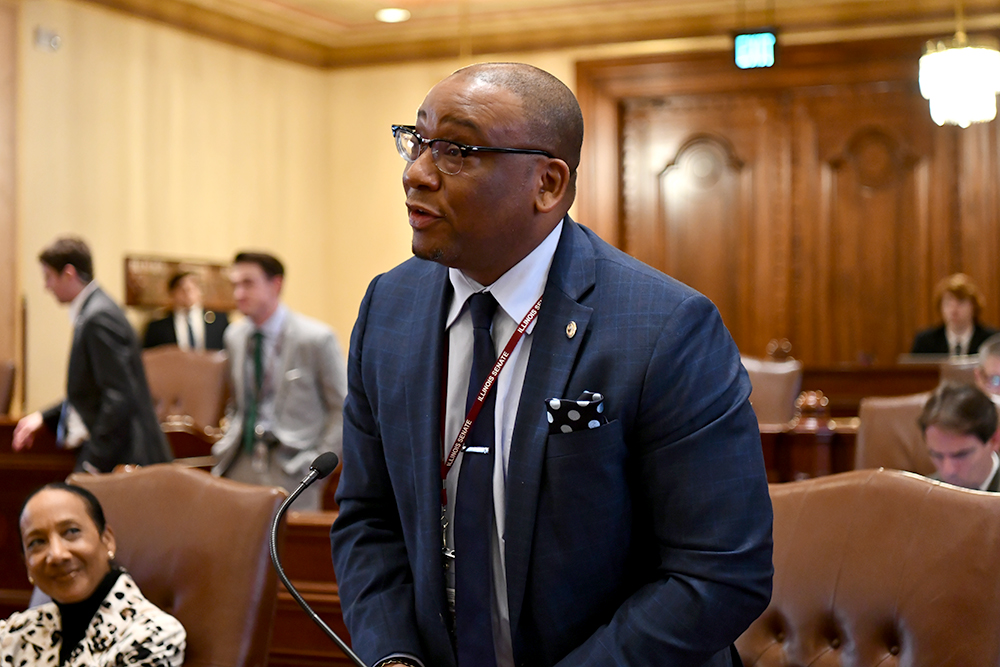 CENTREVILLE — To increase awareness of economic development in underserved communities, State Senator Christopher Belt (D-Centreville) announced Madison will receive a grant through the Fast-Track Public Infrastructure Capital program.
CENTREVILLE — To increase awareness of economic development in underserved communities, State Senator Christopher Belt (D-Centreville) announced Madison will receive a grant through the Fast-Track Public Infrastructure Capital program.
“Communities that are disadvantaged needed financial assistance long before the pandemic, which is why this investment is so vital for economic inclusion,” Belt said. “I want to thank Governor Pritzker for continuing to prioritize communities with the greatest needs.”
The Fast Track program was created by the state to provide emergency assistance for businesses and communities facing economic hardship during the COVID-19 public health crisis. Currently, the Illinois Department of Commerce and Economic Opportunity has launched more than $300 million in emergency relief programs, with most of the funding available for businesses.
The city of Madison was awarded $635,050 for maintenance building construction. The funding for the Fast Track program is through the Illinois statewide construction plan, known as Rebuild Illinois. Eligible applicants were required to prove projects were located in an undeserved area, had Business Enterprise Program inclusion plans, and could start within 90 days after being awarded.
To find out other cities that have been awarded the Fast-Track grant, click here.
- Details
- Category: Senator Christopher Belt News
 EAST ST. LOUIS – With so many small business owners facing economic hardship as a result of the COVID-19 crisis, State Senator Christopher Belt (D-Centreville) announced 25 local businesses will receive a combined $430,000 through the Business Interruption Grant program.
EAST ST. LOUIS – With so many small business owners facing economic hardship as a result of the COVID-19 crisis, State Senator Christopher Belt (D-Centreville) announced 25 local businesses will receive a combined $430,000 through the Business Interruption Grant program.
“I’m glad to see many local small businesses took advantage of this grant opportunity to receive some financial relief from this pandemic,” Belt said. “I understand it will take more than a grant for many of these businesses to fully recover. However, this is still a great step in helping the regrowth of these businesses.”
The Illinois Department of Commerce and Economic Opportunity awarded a total of $46 million to 2,655 small businesses in the first round of BIG funding. The BIG program offers grants to Illinois restaurants and bars, barbershops and salons, and fitness centers that have suffered pandemic-related losses, with a focus on businesses in the hardest-hit areas of the state.
First round grants range from $10,000 to $20,000 and may be used to help businesses with working capital expenses, including payroll costs, rent and utilities. The funds may also be used to cover pandemic-related expenses, such as PPE, training and new technology.
To ensure ongoing support for Illinois small businesses, the State of Illinois has planned future rounds of funding, including a special program for child care providers. The application deadline for this program is Aug. 14.
The BIG program is the largest state-run economic support program formed in response to the COVID-19 economic downturn. The full list of grant recipients is available here.
- Details
- Category: Senator Christopher Belt News
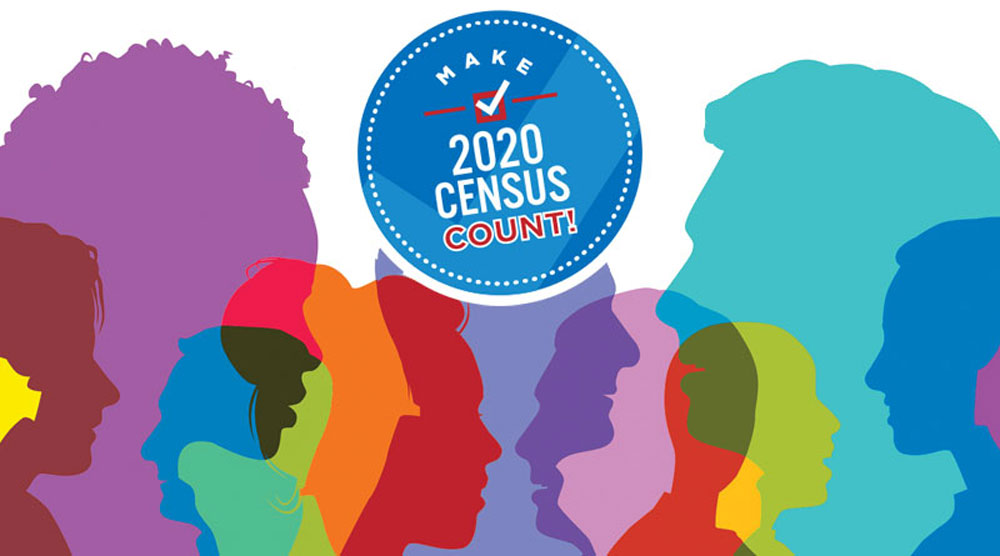 Lawmakers concerned by low response rates in St. Clair County
Lawmakers concerned by low response rates in St. Clair County
EAST ST. LOUIS – With time running out to count households and St. Clair county recording low response rates, State Senator Christopher Belt (D-Centreville) and State Senator Rachelle Crowe (D-Glen Carbon) encourage Metro East residents to complete the 2020 Census.
“We have to fill out the census before it's too late,” Belt said. “This simple action determines so much about the resources provided to our community. This is the first step in solving injustices, in public health, racial equity and even law enforcement. The Census Bureau needs the most accurate data in order to help us help ourselves.”
“To ensure our region is counted efficiently and allotted the necessary federal aid, every household is responsible for completing the census,” Crowe said. “If your household has responded, you can help by talking to your family members, friends and neighbors about how simple it is. It takes minutes to complete and makes a difference in our communities for years to come.”
Seven municipalities in St. Clair County and one in Madison County have a rate of 49.9% or lower on the statewide response rate list. The cities and villages included by name and rate listed are:
- Washington Park – 31.4%
- Brooklyn – 39.1%
- Venice (Madison County) – 41.9%
- Alorton – 43.1%
- East St. Louis – 44.2%
- Centreville – 49.4%
- Fairmont City – 49.7%
- Cahokia – 49.9%
Residents can complete the census for their household at www.my2020census.gov.
- Details
- Category: Senator Christopher Belt News
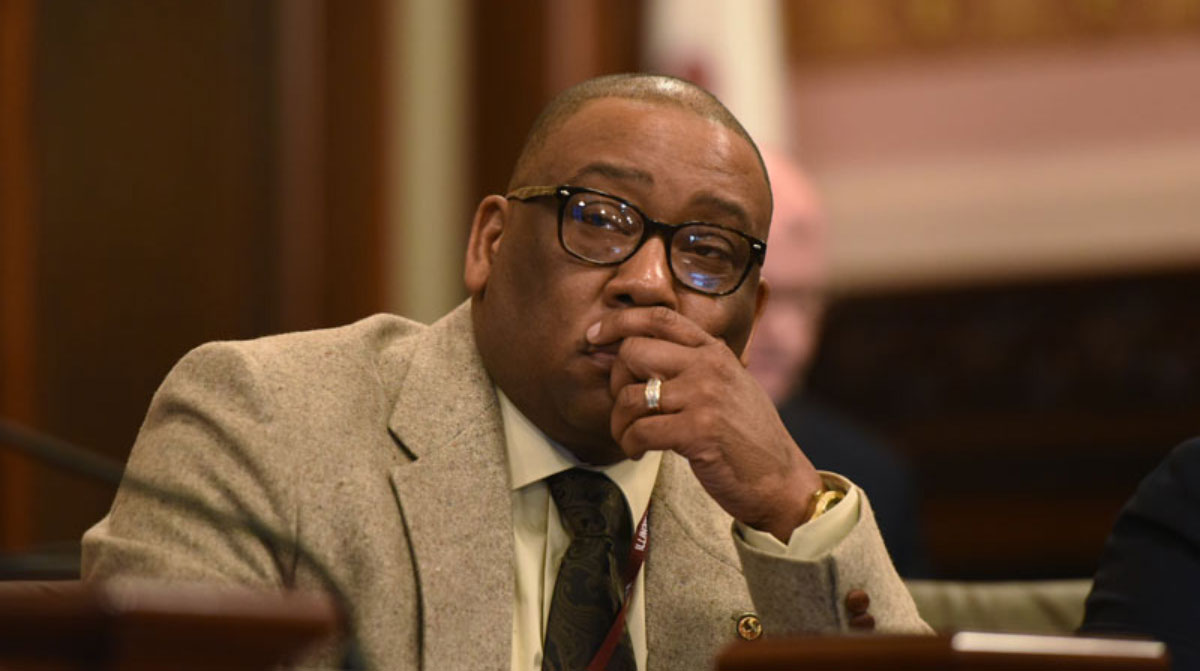 EAST ST. LOUIS – State Senator Christopher Belt (D-Centreville) applauds the Illinois Department of Human Services for creating three new mental health programs for Illinoisans in need of help during a challenging time.
EAST ST. LOUIS – State Senator Christopher Belt (D-Centreville) applauds the Illinois Department of Human Services for creating three new mental health programs for Illinoisans in need of help during a challenging time.
“The COVID-19 virus has not only hurt people’s physical health — it has also diminished the mental health of many,” Belt said. “Providing residents with mental health resources will support them during the overwhelming stress of the pandemic.”
The Illinois Department of Human Services announced the new mental health programs Monday to provide additional support for Illinoisans. The agency worked with community mental health centers and non-traditional service providers to develop capacity and to deliver clinical services and non-traditional supports.
The first new program — pegged as the Living Room Program — is designed specifically for those in need of a crisis respite program to divert crises and break the cycle of psychiatric hospitalization. It provides a safe, inviting, home-like atmosphere where people can calmly process a crisis event while learning how to avoid a future crisis.
The Transitional Living Centers Program is a housing resource for people who have mental illnesses and who are in need of an immediate place to stay while they work to find permanent housing.
Additionally, the Transitional Community Care and Support Programs are for people who are currently in IDHS State Operated Psychiatric Hospitals and preparing to be discharged. It will include funding for non-traditional supports, such as cell phones, food, clothing, transportation, and other resources that are necessary for individuals to succeed as they transition back into communities.
Individuals seeking help from the Living Room Program may seek help directly or be referred by first responders or medical professionals. Participants of the other two programs will be referred by IDHS and other providers.
For more information and to find additional mental health resources, click here.
- Details
- Category: Senator Christopher Belt News
 EAST ST. LOUIS – State Senator Christopher Belt (D-Centreville) is thrilled to announce the expansion of Illinois Department of Human Services’ COVID-19 Summer Youth Employment Program, creating additional employment opportunities for underserved youth in the Metro East area.
EAST ST. LOUIS – State Senator Christopher Belt (D-Centreville) is thrilled to announce the expansion of Illinois Department of Human Services’ COVID-19 Summer Youth Employment Program, creating additional employment opportunities for underserved youth in the Metro East area.
“Early work experience is an important tool for improving future employment prospects and salary potential for low-income youth,” Belt said. “This program will play an important role in helping our youth learn new skills and find worthwhile careers.”
The program will employ young adults in the Metro East area in July and August 2020, helping them train for and find work despite the ongoing COVID-19 pandemic.
The Lessie Bates Davis Neighborhood House Organization is placing youth employees in age, ability and experience appropriate work-based learning opportunities, while offering career development. Jobs are available in St. Clair and Madison Counties.
The Lessie Bates Davis Neighborhood House Organization is one of 30 youth employment providers across the state and received $500,000 in grant funding to employ 100 area youth.
- Details
- Category: Senator Christopher Belt News
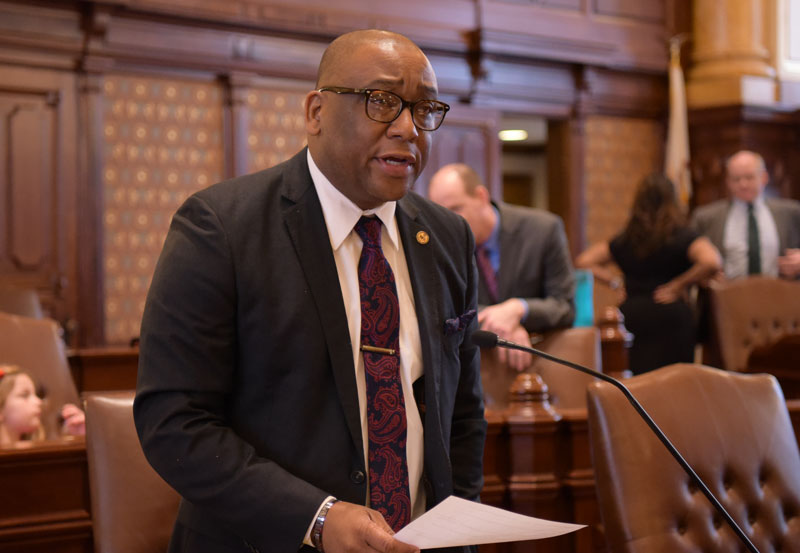 EAST ST. LOUIS - To support communities hardest hit by COVID-19, State Senator Christopher Belt (D-Centreville) encourages organizations providing support services and resources to apply for a percentage of the $7.1 million worth of newly approved grants from the Illinois Criminal Justice Information Authority.
EAST ST. LOUIS - To support communities hardest hit by COVID-19, State Senator Christopher Belt (D-Centreville) encourages organizations providing support services and resources to apply for a percentage of the $7.1 million worth of newly approved grants from the Illinois Criminal Justice Information Authority.
“Disproportionate neighborhoods have suffered the most from the COIVD-19 health crisis, Belt said. “In these communities, paying for basic necessities have become unmanageable and providing those communities with support to recover from the devastating losses is something the program will do.”
The Illinois Criminal Justice Information Authority Coronavirus Emergency Supplemental Funding Program provides funding to community-based agencies in areas disproportionately impacted by the coronavirus pandemic. Funds must be used for rent or utilities assistance, supportive services, or distribution of food to local residents.
For more information and apply for funding here. Application are due by Friday, July 24.
- Details
- Category: Senator Christopher Belt News
 CENTREVILLE - In an effort to ensure disadvantaged families receive meal assistance, State Senator Christopher Belt (D-Centreville) announced Wednesday that funding is available for organization that support children who are in need from the Child and Adult Care Program.
CENTREVILLE - In an effort to ensure disadvantaged families receive meal assistance, State Senator Christopher Belt (D-Centreville) announced Wednesday that funding is available for organization that support children who are in need from the Child and Adult Care Program.
“Reducing food insecurity among low-income children is a priority and core mission of our state,” Belt said. “We want to continue to ensure our current reality does not hinder the meal assistance that many families rely on.”
The program assists child care centers, Head Start programs, before and after school programs, emergency shelters, and daycare home providers with funding to serve meals to children. All participating child care centers must provide meals to enrolled children at no additional cost.
The continuing COVID-19 pandemic has caused even more families to depend on federally funded nutrition programs. More than 1,000 child care centers across Illinois will be able to provide children with healthy meals.
Individuals in households who participate in Temporary Assistance for Needy Families or the Supplemental Nutrition Assistance Program are automatically eligible to receive free meal benefits. The USDA Household Income Eligibility Guidelines determine eligibility to receive free meal benefits for families that do not receive TANF or SNAP benefits.
If a household’s income falls within or below the listed guidelines, a member of the household should contact their child care center or day care home provider to learn about benefits of the CACFP. They may be required to complete an application and provide income, TANF or SNAP information.
Children enrolled in Head Start programs at approved facilities and foster care children who are legal responsibilities of the state or court will also receive free meal benefits. Parents or guardians should contact their child care center or day care home provider to find out if they can participate in CACFP.
Income Eligibility Guidelines Effective from July 1, 2020, to June 30, 2021
|
Income Eligibility Guidelines |
|||||||||||
|
Effective from July 1, 2020, to June 30, 2021 |
|||||||||||
|
|
Free Meals |
|
Reduced-Price Meals |
||||||||
|
130% Federal Poverty Guideline |
185% Federal Poverty Guideline |
||||||||||
|
Household Size |
Annual |
Monthly |
Twice Per Month |
Every Two Weeks |
Weekly |
Household Size |
Annual |
Monthly |
Twice Per Month |
Every Two Weeks |
Weekly |
|
1 |
16,588 |
1,383 |
692 |
638 |
319 |
1 |
23,606 |
1,968 |
984 |
908 |
454 |
|
2 |
22,412 |
1,868 |
934 |
862 |
431 |
2 |
31,894 |
2,658 |
1,329 |
1,227 |
614 |
|
3 |
28,236 |
2,353 |
1,177 |
1,086 |
543 |
3 |
40,182 |
3,349 |
1,675 |
1,546 |
773 |
|
4 |
34,060 |
2,839 |
1,420 |
1,310 |
655 |
4 |
48,470 |
4,040 |
2,020 |
1,865 |
933 |
|
5 |
39,884 |
3,324 |
1,662 |
1,534 |
767 |
5 |
56,758 |
4,730 |
2,365 |
2,183 |
1,092 |
|
6 |
45,708 |
3,809 |
1,905 |
1,758 |
879 |
6 |
65,046 |
5,421 |
2,711 |
2,502 |
1,251 |
|
7 |
51,532 |
4,295 |
2,148 |
1,982 |
991 |
7 |
73,334 |
6,112 |
3,056 |
2,821 |
1,411 |
|
8 |
57,356 |
4,780 |
2,390 |
2,206 |
1,103 |
8 |
81,622 |
6,802 |
3,401 |
3,140 |
1,570 |
|
For each additional family member, add |
5,824 |
486 |
243 |
224 |
112 |
For each additional family member, add |
8,288 |
691 |
346 |
319 |
160 |
Child care institutions can learn more and apply for the program here: https://www.isbe.net/Pages/Nutrition-and-Wellness-Child-Care-Institutions.aspx
Family day care homes can learn more here: https://www.isbe.net/Pages/Family-Day-Care-Homes.aspx
Those interested in the adult care portion of the program can visit: https://www2.illinois.gov/aging/programs/Pages/Child-and-Adult-Care-Food-Program-(CACFP).aspx
More Articles …
Page 23 of 27

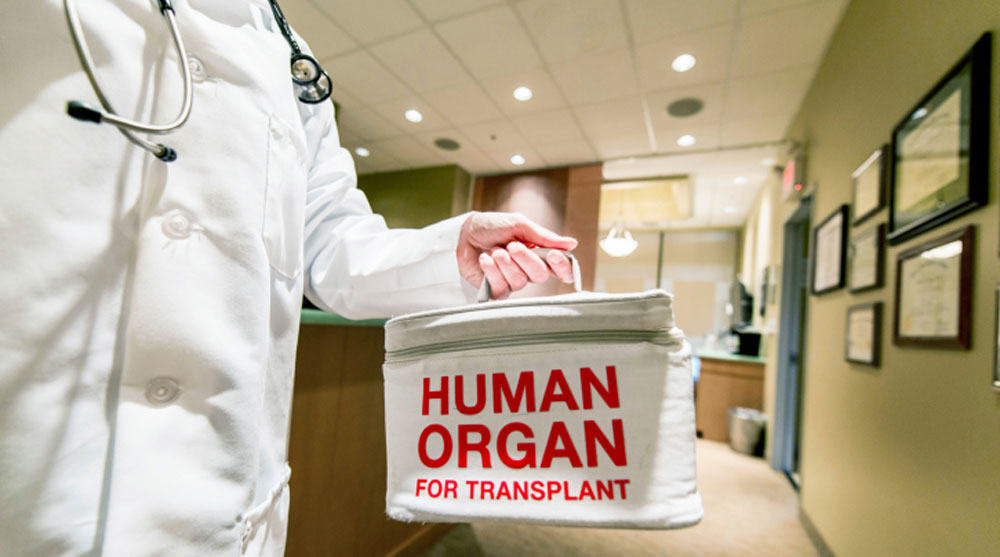












 © 2026 Illinois Senate Democratic Caucus
© 2026 Illinois Senate Democratic Caucus